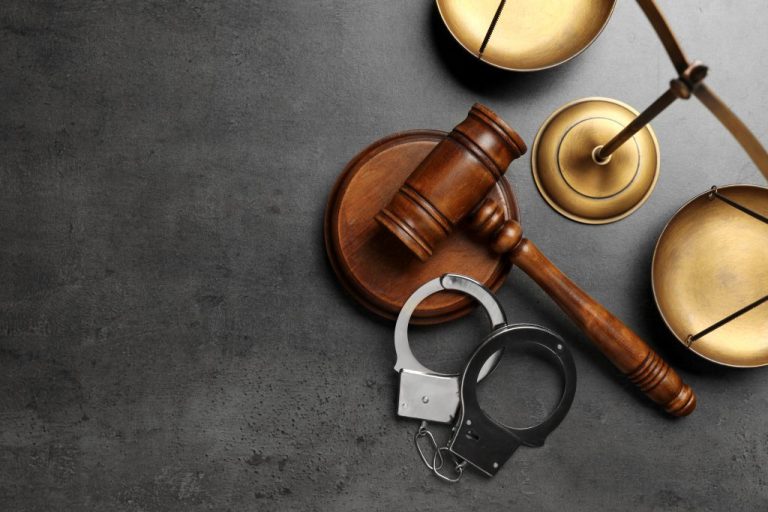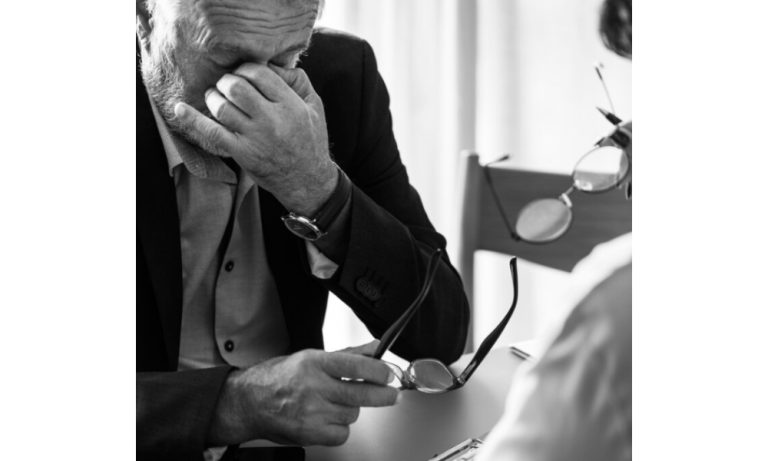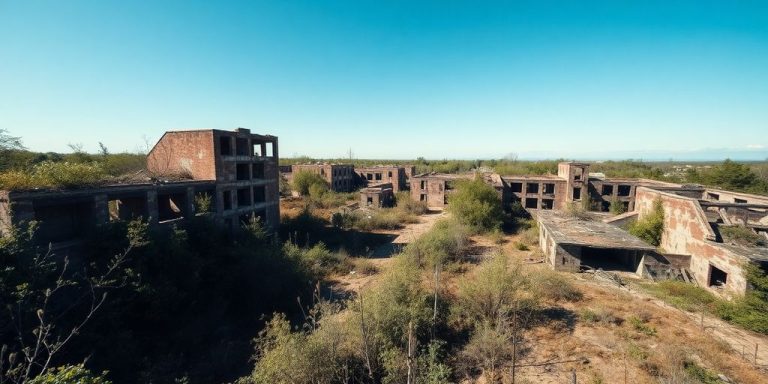
Although we do not hear about train accidents as often as we hear about car accidents, train accidents are anything but uncommon. According to the US Department of Transportation, about 5,800 train-car crashes occur annually in the United States. Many people use trains to commute to work or to travel. Naturally, they may ask the question, which can be held liable in the event of a train accident?
If you or any of your loved ones have been involved in a train accident, contact a train accident attorney and get the right help.
What causes train accidents?
To understand who can be held accountable for train accidents, we must first understand why train accidents occur. There are various common causes of train accidents.
- Derailment: the train may get off the tracks
- Signal malfunction: the railway signals may not be working properly
- Speeding: overspeeding can cause accidents
- Lack of proper maintenance along the track: track maintenance is essential to ensure the smooth running of all trains
- Malfunction in train equipment: the train may have mechanical issues
- Human error: mistakes or negligence from people may cause accidents
- Collisions with other vehicles: if there are other vehicles on the track, the train may crash into it
- Collisions with pedestrians: pedestrians should not be on the tracks. Being on track may cause the train to crash into them.
- Unprotected crossings: if a crossing is not adequately protected and maintained, it can cause different vehicles to get in the way of the train
- Suicides: as sad as it may be, hundreds of people end their lives by standing on the tracks or jumping in front of oncoming trains.
What injuries can you sustain from train accidents?
Even though train accidents are less common than car accidents, a single train accident can cause far more damage. Some of the injuries that a person may sustain from a train accident are:
- Bone fractures
- Broken ribs
- Crush injuries
- Loss of limbs
- Internal bleeding
- Sprained joints
- brain injuries
- Concussions
Who is responsible for the train accident?
Determining liability in a train accident case can be tricky since there is almost always more than one party responsible. However, it usually comes down to negligence.
If the accident happened because an object on the tracks did not belong there, then the object’s owner may be held responsible. If the train conductor is overspeeding and that causes the train accident, then the train company may be held liable. The train owner may be held liable if the train is found to have mechanical issues. Every train accident case is different, and the liability will depend on the facts of the case.




